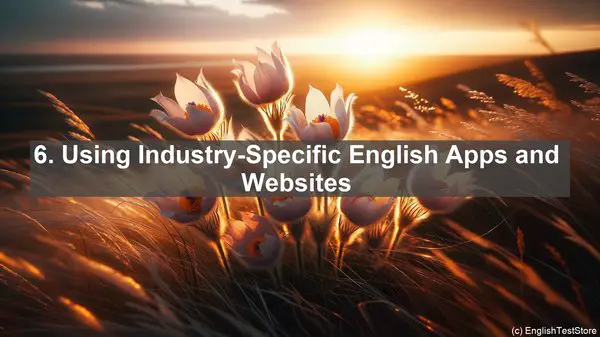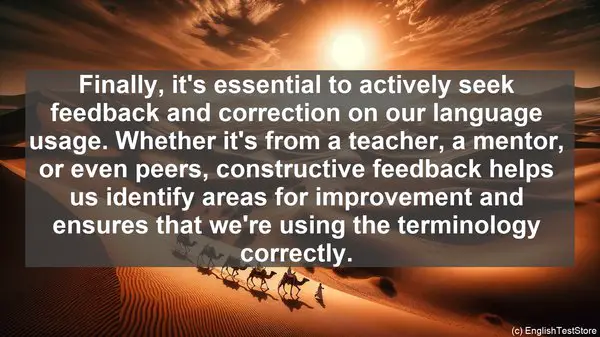Introduction
In today’s lesson, we’ll be discussing the top 10 techniques for learning and using industry-specific English terminology at the B2 level. As students, it’s crucial to have a strong command of industry jargon, as it not only enhances our professional communication but also demonstrates our expertise in the field. So, without further ado, let’s dive in!
1. Contextual Reading
One of the most effective ways to learn industry-specific English terminology is through contextual reading. This involves reading articles, research papers, and industry publications that are relevant to our field. By doing so, we not only expose ourselves to the terminology but also understand how it’s used in different contexts.
2. Creating Flashcards
Flashcards are a tried-and-tested method for vocabulary acquisition. When it comes to industry-specific English terminology, creating flashcards with the term on one side and its definition, usage, or even an example sentence on the other can be immensely helpful. Regularly reviewing these flashcards ensures that the terms stay fresh in our memory.

3. Participating in Industry Webinars and Workshops
Webinars and workshops are not only great platforms for learning about the latest industry trends but also for familiarizing ourselves with the terminology used in the field. Active participation, taking notes, and asking questions during these sessions can significantly enhance our understanding and retention of the terminology.

4. Joining Professional Online Communities
Being part of online communities or forums specific to our industry provides us with a constant learning opportunity. Engaging in discussions, asking for clarifications, and sharing our knowledge not only helps us learn from others but also reinforces our understanding of the terminology.
5. Watching Industry-Specific Documentaries and Videos
Visual learning can be highly effective, especially when it comes to grasping complex concepts and terminology. Watching documentaries, TED talks, or even YouTube videos related to our industry exposes us to real-life usage of the terminology, making it more relatable and easier to remember.
6. Using Industry-Specific English Apps and Websites
In this digital age, there are numerous apps and websites dedicated to teaching industry-specific English. These platforms often have interactive exercises, quizzes, and even virtual simulations that not only teach us the terminology but also allow us to practice using it in realistic scenarios.
7. Regularly Reviewing Industry Glossaries
Most industries have their own glossaries, which are essentially comprehensive lists of industry-specific terms and their definitions. Setting aside some time each week to review these glossaries can help us stay updated with the terminology and its evolving usage.
8. Engaging in Role-Play Scenarios
Role-playing scenarios, where we simulate real-life professional situations, can be an excellent way to practice using industry-specific English. Whether it’s a client meeting, a negotiation, or a presentation, actively using the terminology in these scenarios helps build our confidence and fluency.
9. Writing Industry-Specific Articles or Blog Posts
Writing is a skill that not only helps us articulate our thoughts but also reinforces our understanding of the subject matter. By regularly writing articles or blog posts on industry-related topics, we not only improve our writing skills but also become more adept at using the terminology accurately.
10. Seeking Feedback and Correction
Finally, it’s essential to actively seek feedback and correction on our language usage. Whether it’s from a teacher, a mentor, or even peers, constructive feedback helps us identify areas for improvement and ensures that we’re using the terminology correctly.
